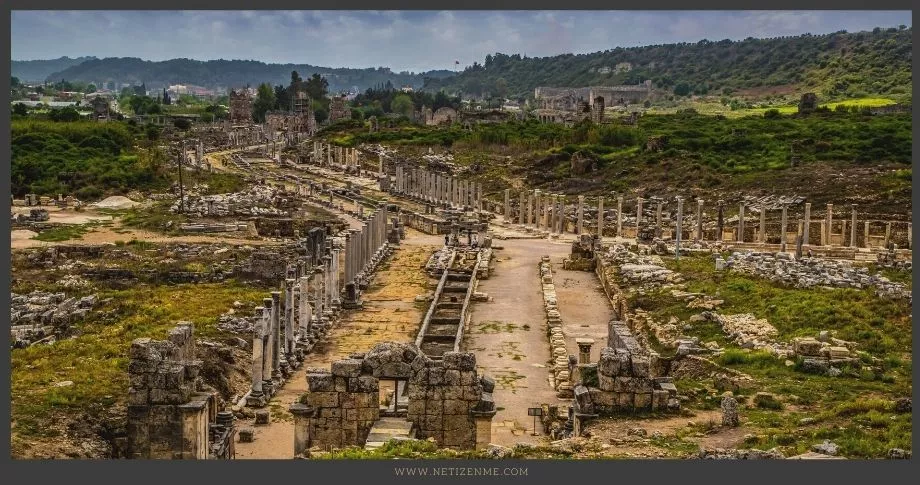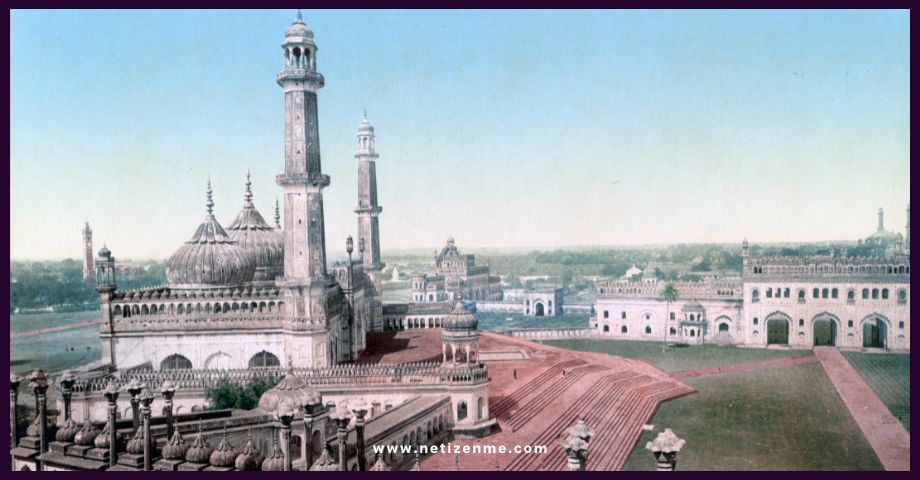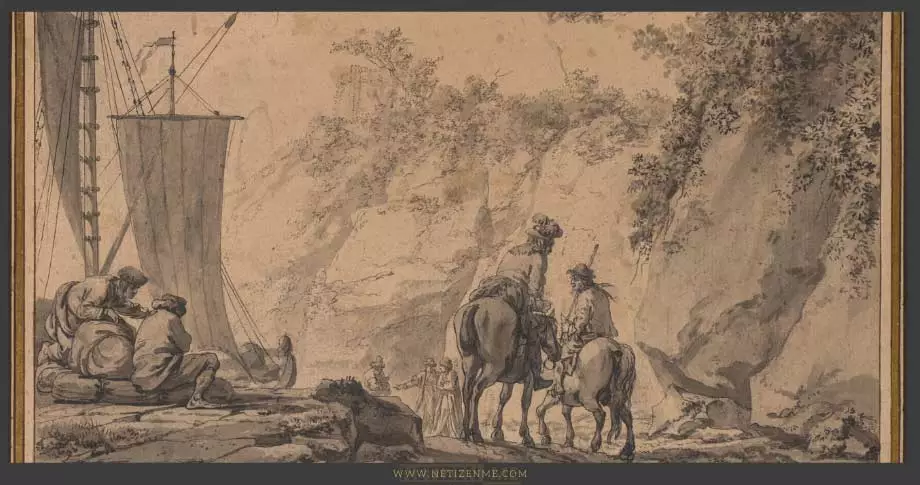The ancient civilizations of Greece and Rome have profoundly shaped Western culture. Their legacies resonate through the ages, leaving an indelible mark on architecture, art, science, and political philosophy. This article delves into the Greek and Roman impact on Western culture and the significant influences and resemblances these ancient civilizations have imparted on Western culture, fostering a rich tapestry of traditions and values that continue to endure today.
Resemblances and influences in architecture, art, science and political philosophy
What are the impact of Greek and Roman history on Western culture, like resemblances and influences in architecture, art, science and political philosophy?
Architecture:
Greek and Roman architecture laid the foundation for Western building styles. Moreover, their architectural principles have significantly impacted the design of iconic structures worldwide.
Greek Architecture: Characterized by elegance, symmetry, and Doric, Ionic, and Corinthian columns. Transition: These features influenced later architectural movements and inspired neoclassical designs.
Roman Architecture: Known for its grandeur, innovation, and use of arches, vaults, and domes. Transition: Roman engineering feats, such as aqueducts and amphitheatres, left lasting impressions on Western architecture.
Greek and Roman architecture played a foundational role in shaping Western building styles. The Greeks’ emphasis on elegance, symmetry, and iconic columns inspired neoclassical designs during the Renaissance. Roman grandeur and innovative use of arches, vaults, and domes left a lasting impact on structures worldwide. From the United States Capitol to the British Museum, their influence remains evident in iconic buildings today, showcasing the enduring power of ancient architectural brilliance in contemporary design.
Art:
Greek and Roman art epitomized the artistic achievements of their time, leaving a lasting legacy. Their art forms continued to inspire Western artists throughout history.
Greek Art: Celebrated for its realism, idealized human figures, and exploration of harmony and proportion. Transition: Greek art influenced Renaissance and neoclassical art, reviving classical themes and styles.
Roman Art: Admired for its portraiture, mosaics, and narrative reliefs reflecting historical events. Transition: Roman art inspired later European art movements and remains influential in contemporary art.
Greek and Roman art epitomise artistic achievement in their respective eras, leaving a profound and enduring legacy. The Greeks’ emphasis on realism, idealized human figures, and harmony influenced Renaissance and neoclassical art, reviving classical themes. Roman portraiture, mosaics, and narrative reliefs inspired later European art movements and continued influencing contemporary artists. The timeless allure of Greek and Roman art has transcended time, sparking creativity and admiration across centuries of Western artistic expression.
Science:
The scientific contributions of ancient Greece and Rome have significantly influenced Western knowledge. Their empirical approach to understanding the world paved the way for modern science.
Greek Science: Marked by notable scholars like Aristotle, Pythagoras, and Hippocrates. Transition: Their works laid the groundwork for scientific inquiry and rational thinking.
Roman Science: Focused on practical applications, engineering, and advancements in medicine. Transition: Roman innovations in architecture and engineering continue to shape modern construction.
The scientific contributions of ancient Greece and Rome were instrumental in shaping Western knowledge. Their empirical approach to understanding the world laid the foundation for modern science. Greek scholars like Aristotle, Pythagoras, and Hippocrates explored various fields, such as astronomy, mathematics, and medicine. Roman advancements in engineering and medicine further enriched scientific understanding. Their empirical methodologies and curiosity about the natural world inspire and guide scientific inquiry in the modern era, underscoring the timeless impact of ancient scientific wisdom on Western knowledge.
Political Philosophy:
The political ideologies of ancient Greece and Rome shaped the foundation of Western political thought. Furthermore, their ideas continue to influence modern systems of governance.
Greek Political Philosophy: Developed notions of democracy, republicanism, and individual rights.
Transition: The ideas of Socrates, Plato, and Aristotle underpin modern political theories.
Roman Political Philosophy: Emphasized the rule of law, the balance of power, and civic duty.
Transition: Roman principles influenced the formation of democratic institutions in Western societies.
The political ideologies of ancient Greece and Rome form the bedrock of Western political thought. Greek philosophers, including Socrates, Plato, and Aristotle, laid the groundwork for democracy, republicanism, and individual rights. Roman principles, emphasizing the rule of law and civic duty, also contributed to the evolution of modern governance. These ancient ideas continue to inspire and inform modern political systems, serving as enduring pillars of democratic ideals and principles worldwide.
The Impact of Greek and Roman History on Western Culture: Resemblances and Influences in Architecture, Art, Science, and Political Philosophy – A Summary
The impact of Greek and Roman history on Western culture is profound and enduring. Their contributions to architecture, art, science, and political philosophy have provided a strong foundation for Western civilization. The echoes of their achievements resonate in iconic landmarks, timeless artistic expressions, scientific methodologies, and principles of governance. Understanding the influences and resemblances between ancient Greece, Rome, and Western culture fosters a deeper appreciation for the richness and complexity of our shared heritage. These legacies continue to shape the identity and values of Western societies, transcending time and geography.
This article is written by:
Our professional writers and editors are passionate about sharing high-quality information and insights with our audience. We conduct diligent research, maintain fact-checking protocols, and prioritize accuracy and integrity to the best of our capacity.
You can cite our articles under the author name "Netizenme"





